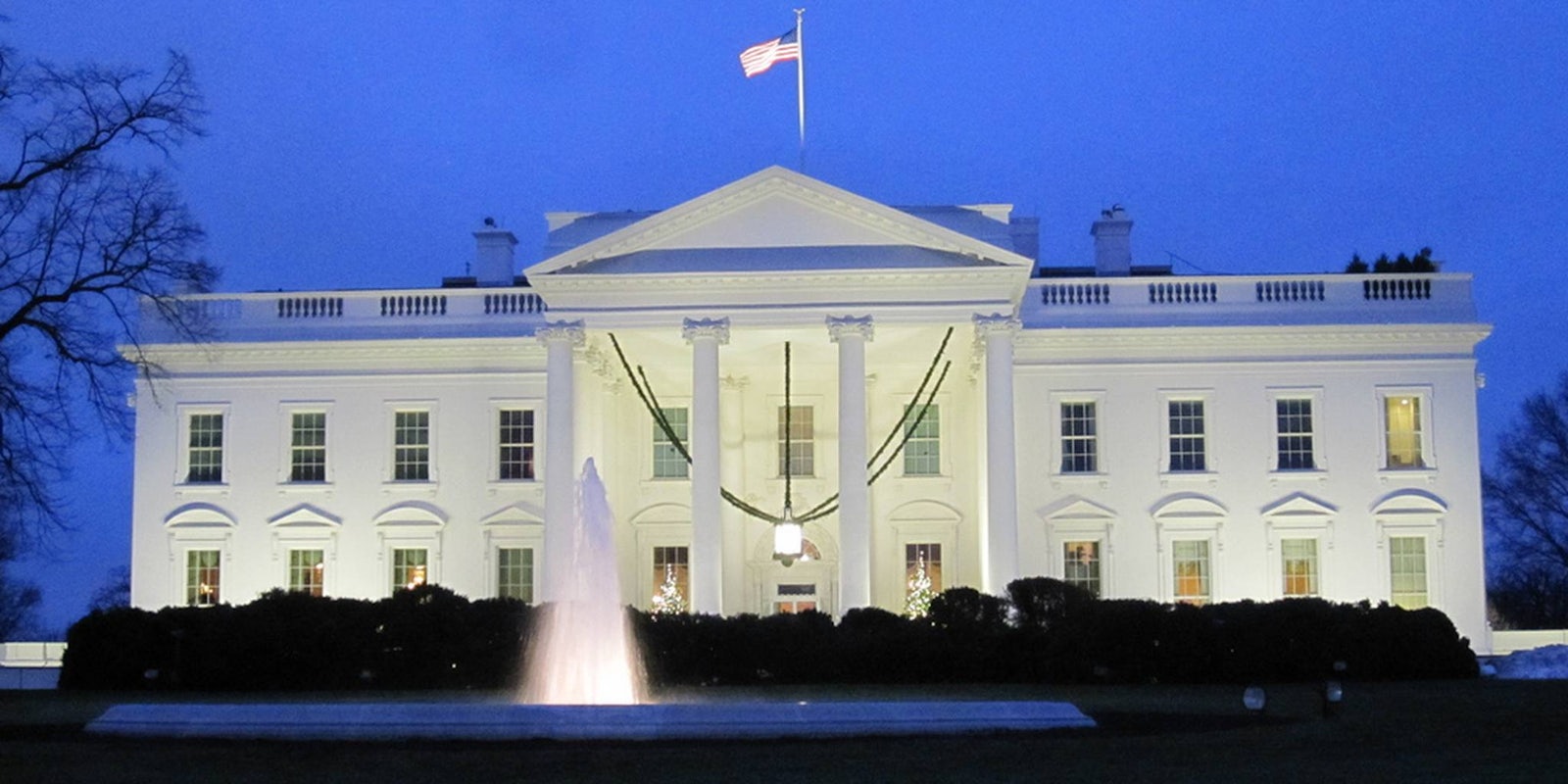A spokesperson for the White House’s National Security Council released statements that hint Barack Obama is no fan of the Cyber Intelligence Security Protection Act (CISPA).
In fact, he might veto it in favor of a cybersecurity act he likes better.
The spokesperson, Caitlyn Haiden, spoke broadly, never mentioning CISPA by name. This is in line with previous White House remarks on Internet rights: When it came to the Stop Online Privacy Act, an official statement played to anti-SOPA sentiments but made no explicit promises.
Haiden echoed CISPA’s critics who were frustrated about several aspects of the law, including that CISPA is designed so that companies share user information. They say it’s not the best way to enforce cybersecurity
“The nation’s critical infrastructure cyber vulnerabilities will not be addressed by information sharing alone,” she said.
Haiden also indicated that CISPA’s current wording, which would give the government the power to see user data without a warrant and with vague cause, was unacceptable.
“[L]egislation that would sacrifice the privacy of our citizens in the name of security, will not meet our nation’s urgent needs,” she said.
There are at least four cybersecurity bills currently pending, in some form or another, before Congress.
One of them, the Cybersecurity Act of 2012, has received a nod of support for the White House, leading some to speculate Obama is simply choosing it over CISPA. Officially called S.2105, it also also is referred to as the Lieberman-Collins bill, after Senators Joseph Lieberman (I-CT) and Susan Collins (R-ME).
Lieberman-Collins was once heavily derided for language called the “Internet kill switch,” which has since been removed from the bill.
However, the Electronic Frontier Foundation, a digital rights nonprofit group, says Lieberman-Collins still has a long way to go to avoid the kinds of criticism heaped on CISPA.
Among other problems, “The language of what constitutes the notion of a ‘threat’ and ‘threat indicator’ is just too vague,” the EFF says.
Photo by Tom Lohdan


